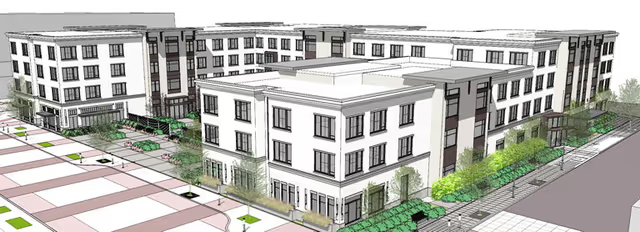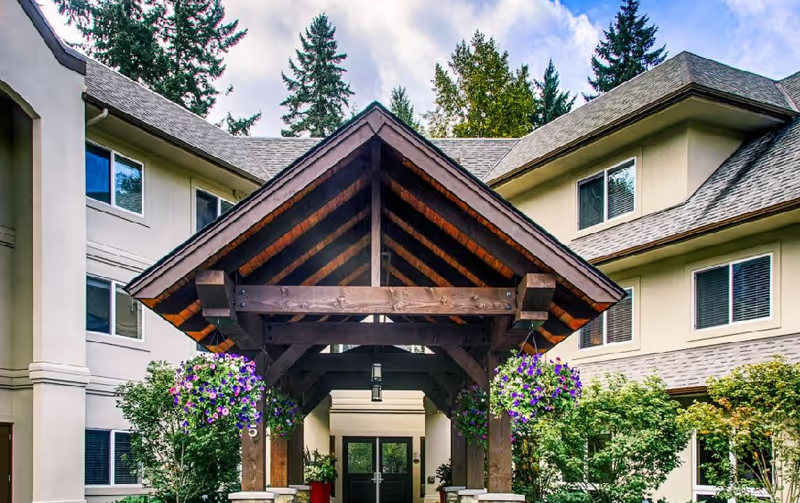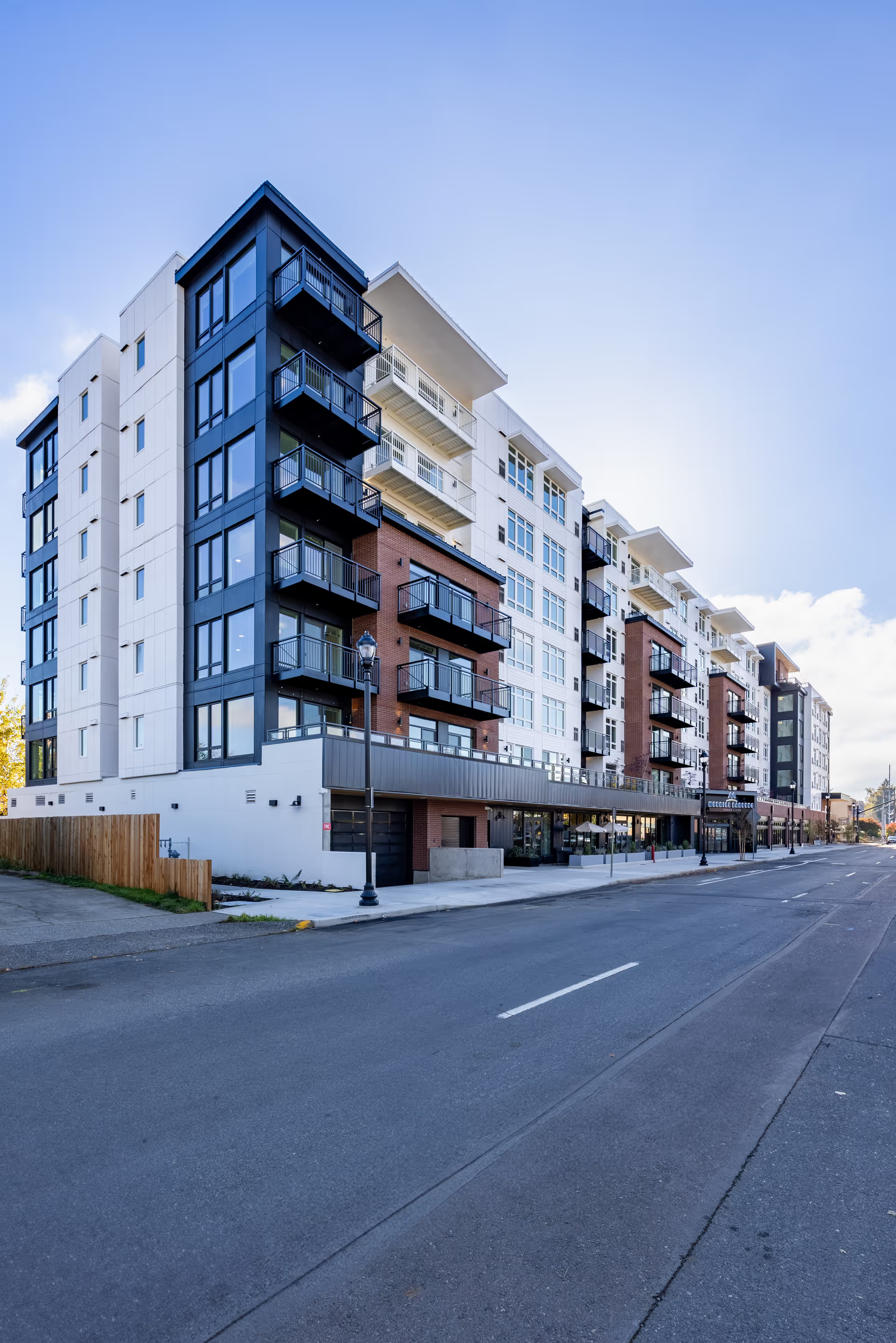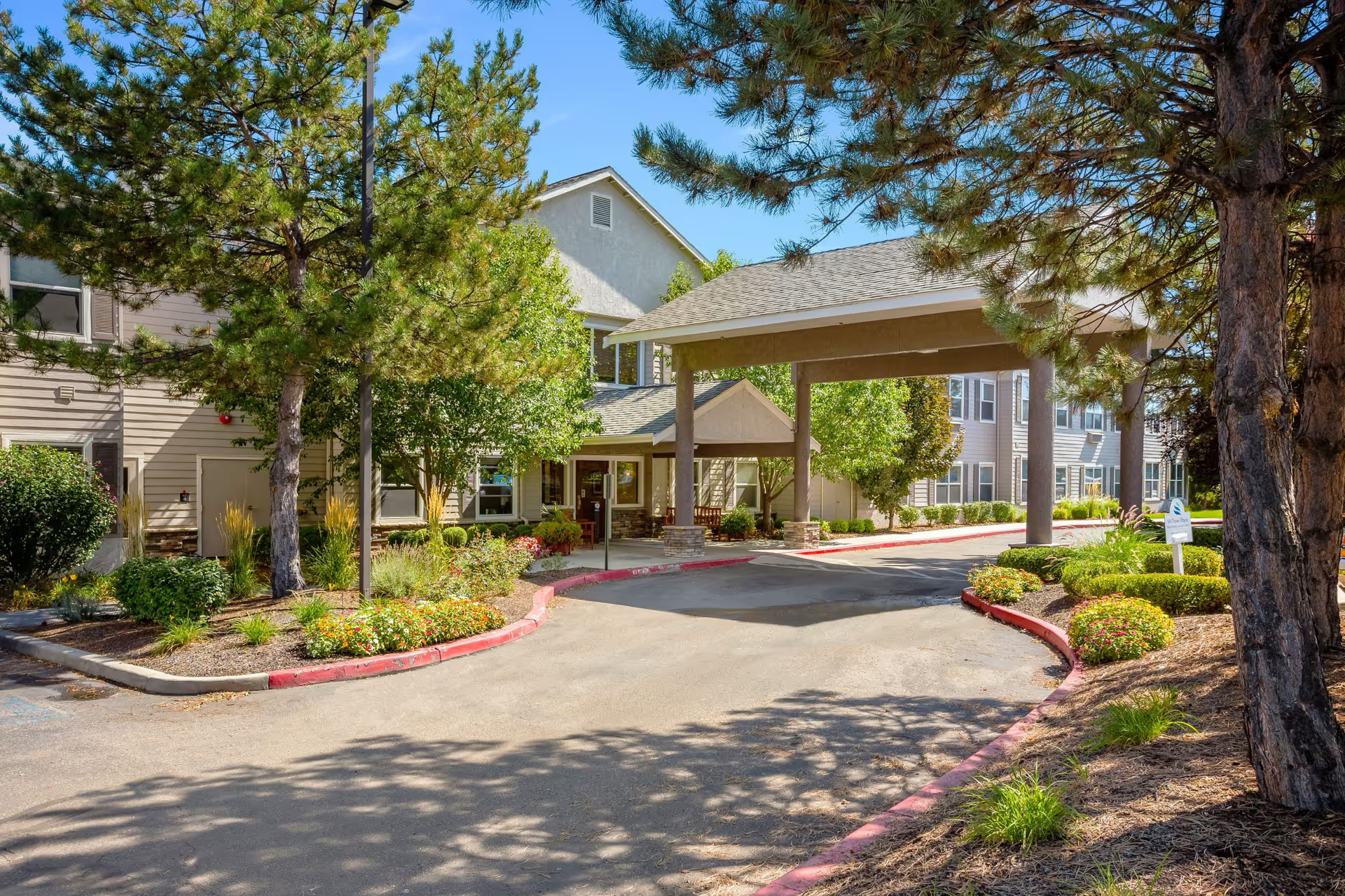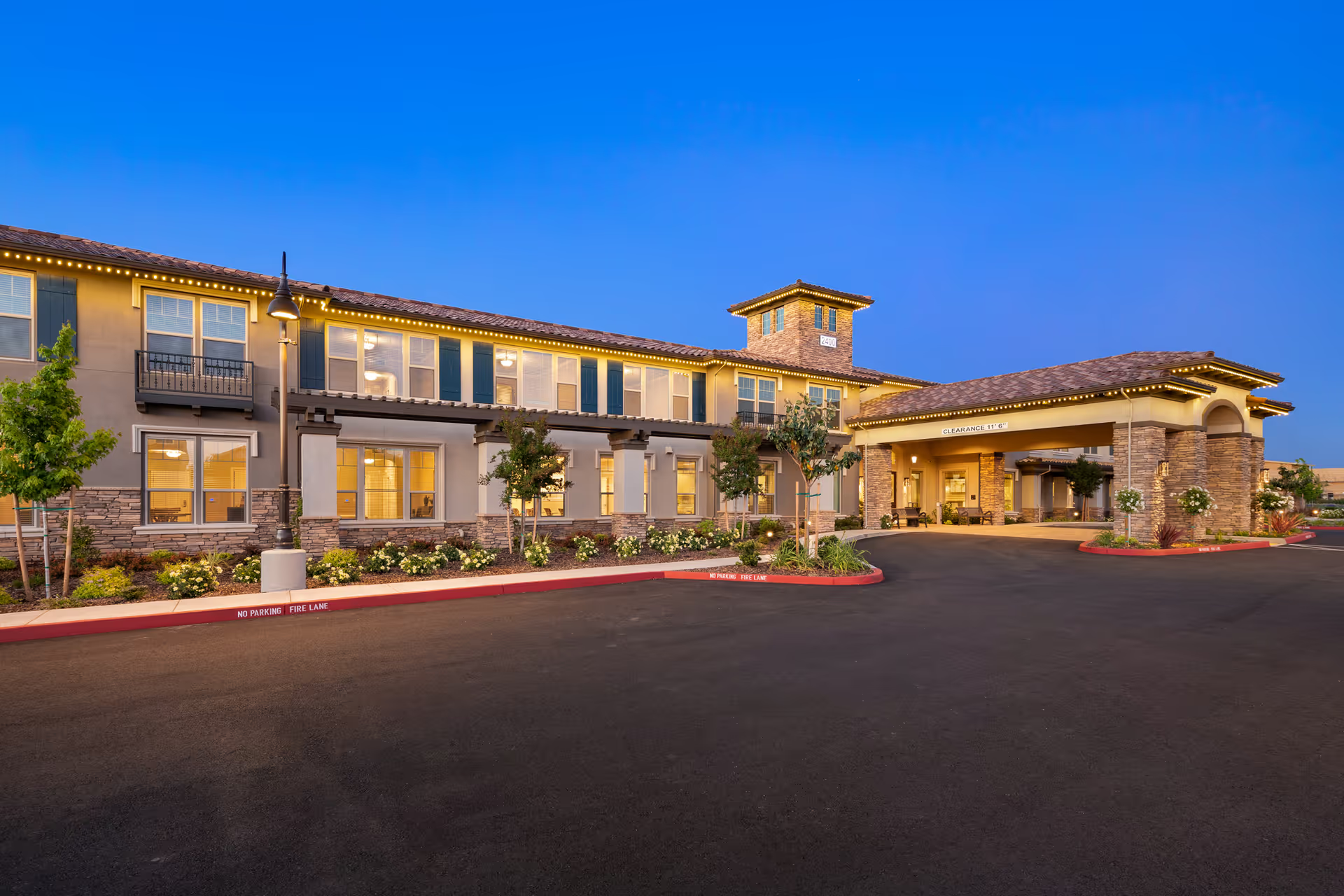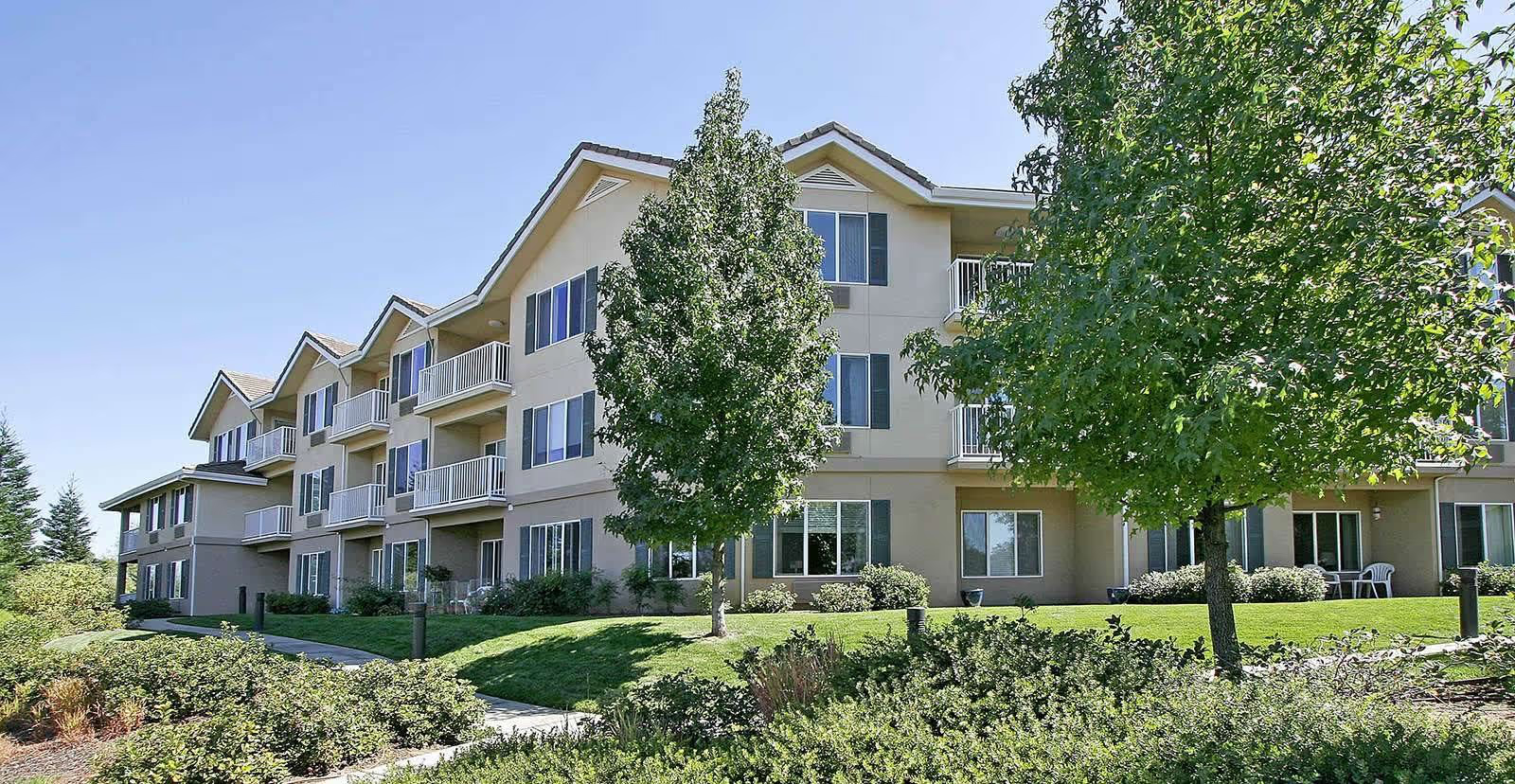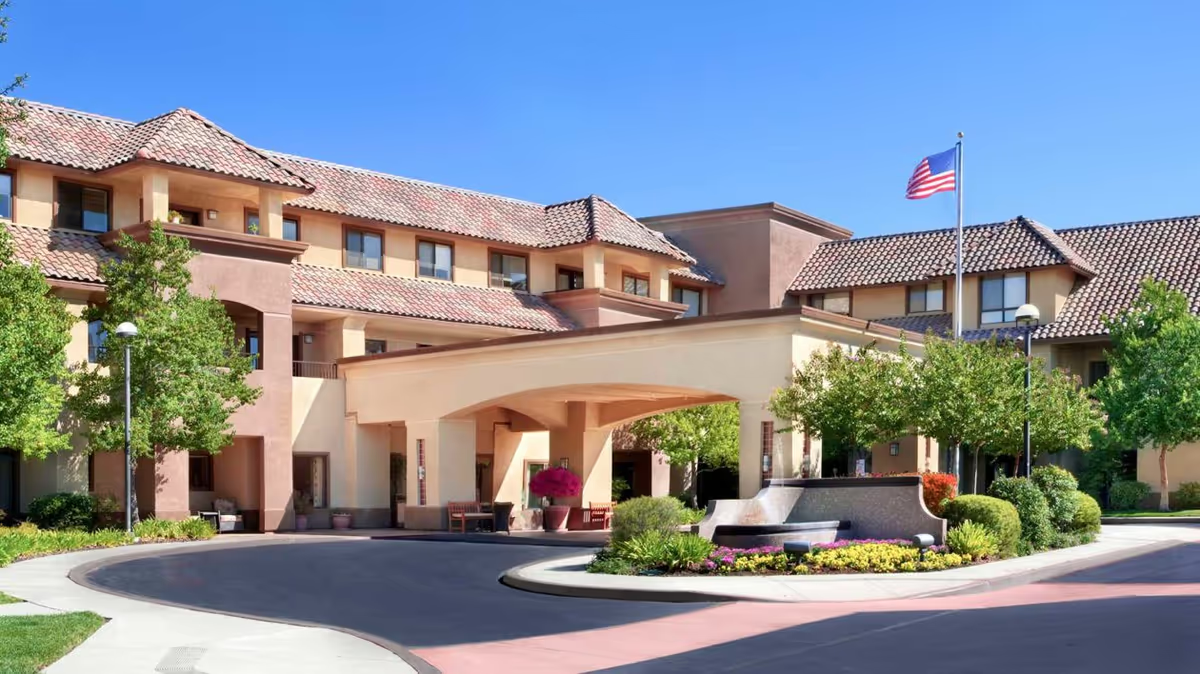Overall sentiment: Reviews present a broadly mixed but predominantly positive portrait of life at The Rivers at Puyallup, with strong, recurring praise for direct care staff, resident social life, and the activity and dining offerings. Many families and residents describe a warm, family-like atmosphere, compassionate caregivers who remember names, and an active lifestyle supported by a varied calendar of programs. At the same time, a substantial subset of reviews raise serious concerns about management, billing practices, staffing stability, and occasional lapses in daily care or security. These opposing themes — excellent frontline caregiving versus inconsistent leadership and administrative problems — are the central pattern across the feedback.
Care quality and staff: The most consistent strength in the reviews is the quality of day-to-day caregiving. Numerous reviewers single out specific staff members (sales, nurses, and caregivers) as especially helpful, compassionate, and engaged. Families commonly report smooth move-ins, personalized attention, and visible improvements in residents’ quality of life after admission. Memory care receives repeated praise where it is staffed and configured well: private rooms, dedicated programming, and a compassionate approach are mentioned positively. However, several reviews also describe inconsistent hands-on care (missed grooming tasks such as combing hair or toothbrushing), understaffing in memory care, and overworked employees. High staff turnover and reports of underpaid staff are common and tie into concerns about continuity of care. In short, direct caregivers are often viewed as the facility’s greatest asset, but staffing levels and retention appear to threaten consistent delivery.
Activities and life enrichment: Activity programming is a clear strength. Reviews list a wide range of offerings — arts and crafts, games (bingo, Mexican train dominoes, pinochle), exercise classes, Spanish lessons, Wii bowling, trivia/Jeopardy-style events, church services, frequent outings and shopping trips, and movies twice daily. There are also dementia education resources and family-facing materials. These programs contribute to a lively social environment and high resident engagement. A small number of reviewers, however, reported limited activities or a decline in programming at times, indicating some variability depending on staffing and leadership.
Dining and amenities: Dining is frequently praised for variety, restaurant-style service, and flexible hours, with a salad bar and options that many residents enjoy. Multiple reviewers specifically commend the dining team and describe weight gain or improved eating as outcomes. Conversely, a minority report instances of poor meal quality (cold or basic meals) and express that meal service is inconsistent. Additional amenities like an on-site salon/barber, community room, patio, and therapy/medical services are positives. Apartments are often described as clean, spacious in many cases, and accessible, though several units are noted as small with limited storage and older fixtures in parts of the building.
Facilities and location: The facility’s downtown location is repeatedly highlighted as convenient to shopping, parks, and community events. Common spaces are generally described as bright, clean, and inviting, with several mentions of ongoing refurbishments and updates. Memory care units have been recently upgraded in some reports. Still, multiple reviewers point out that the building is older in sections, with lower ceilings or dated finishes, and that some exterior areas or grounds need touch-ups. Parking can be limited and the proximity to train tracks has been cited as a noise issue affecting some residents’ sleep.
Management, billing, and administration: This is the area with the most polarizing feedback and the biggest accumulation of negative comments. Many reviewers accuse management and administration of poor communication, unresponsiveness, and accounting errors. Reported issues include unexplained extra charges, difficulty obtaining promised refunds, unclear explanation of care charges, disputes over respite versus regular rental terms, and even allegations of rent or fees charged after a resident’s death. Some reviewers describe being misled or left in billing disputes for months, and a few use strong terms (dishonest, irresponsible) for leadership behavior. Conversely, some recent reports note improvement under new executive leadership and praise for specific administrative staff; however, complaints about unattended front desks and inconsistent leadership roles are frequent enough to represent a clear pattern.
Safety and security: Many families appreciate the security measures such as sign-in systems and check-in/check-out, and several reviews explicitly call the environment safe and comfortable. Nonetheless, there are troubling reports of theft (missing jewelry), residents with dementia being preyed upon by other residents or staff, and lapses in supervision tied to understaffing. These incidents amplify anxieties around management and staffing, even as other reviewers feel reassured by the facility’s security protocols.
Cost and value: Cost is a repeated concern. The Rivers is described as private-pay with some high-fee items (medication administration, care-level charges), and reviewers express frustration around opaque pricing or sudden increases. Some see good value for the level of care and programming; others feel surprised by add-on charges and question overall transparency. Availability of Medicaid or switching to state aid is not supported at this location, which some reviewers cite as a limitation for long-term affordability.
Notable patterns and contradictions: The reviews collectively create a consistent dichotomy. Direct care staff receive high marks almost across the board for warmth and individualized attention, making the community feel welcoming and alive. In contrast, management, billing, administrative communication, and staffing stability are recurring problems that lower the overall reliability of the experience for some families. Memory care also shows divergent experiences: described as “fantastic” and compassionate in numerous reports, but understaffed and unsuitable for higher needs by others. Activity programming and dining are generally strong selling points but can vary by shift and leadership. Finally, facility condition ranges from well-maintained and refurbished in some areas to dated and in need of touch-ups in others.
Bottom line: Prospective residents and families are likely to find a warm, active community with strong frontline caregivers, varied activities, and good dining — all in a convenient downtown location. However, they should also perform careful due diligence around contracts, billing practices, staffing levels (especially in memory care), and leadership stability. Ask for written explanations of all fees, inquire about staff turnover and overnight staffing patterns, verify security measures and theft-prevention practices, and request references from current families. For many reviewers the Rivers delivers a high quality of life driven by committed caregivers; for a significant minority, administrative and management failures meaningfully undermine confidence and value. Careful, specific questions during a tour and a clear contractual understanding are strongly recommended.
